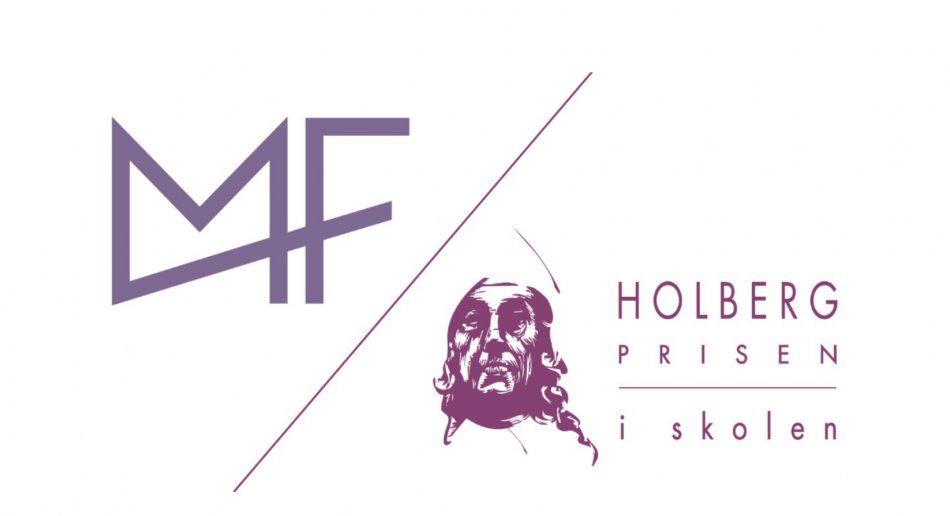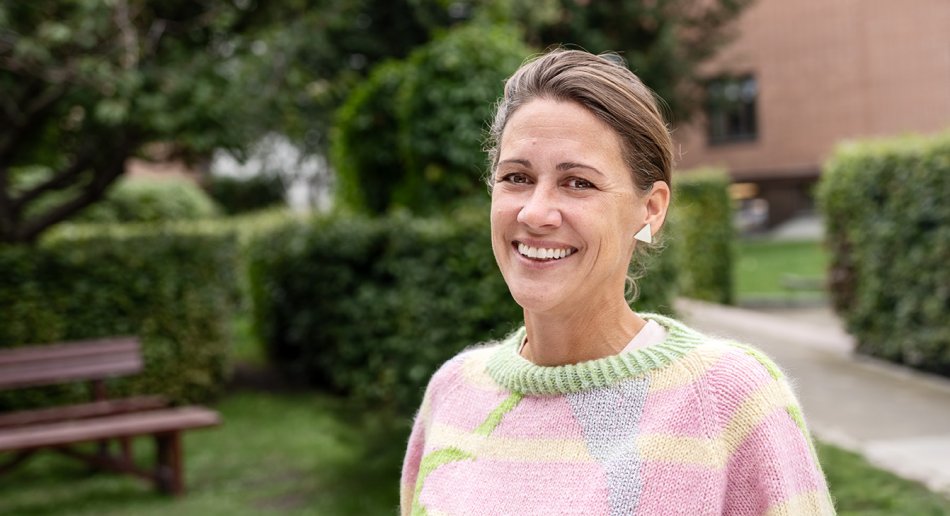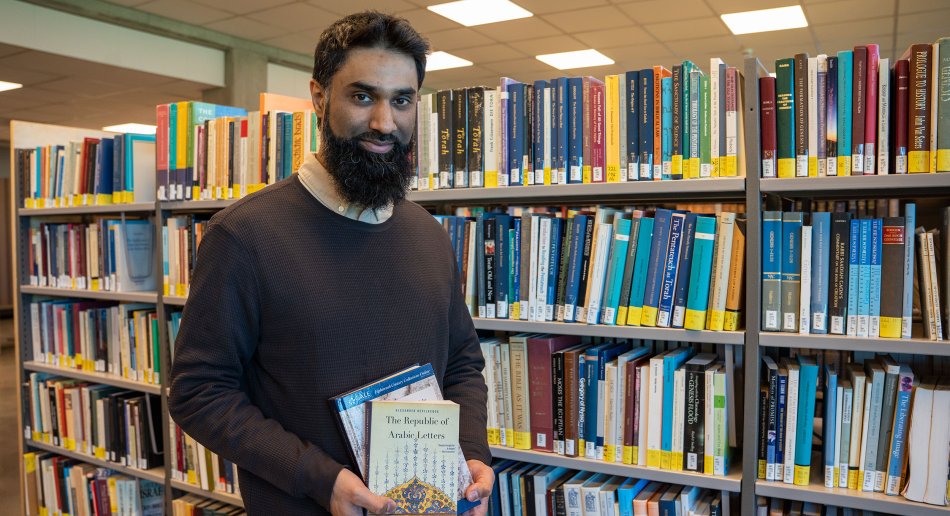
Ways of belonging
Written by professor Tatjana Schnell
Humans - like many animals - are social beings. Social belonging can offer us a lot: security, support, and the joy of community. But we differ in how much and what kinds of social contact we need.
Extraverts thrive in large groups; they enjoy sharing their experiences with others. Introverts feel most comfortable in good company with themselves; they are inclined to avoid social situations. And there are many variations in between. You might be happy to share your innermost feelings with a small group of good friends, but otherwise, you shy away from larger gatherings. Or you love interacting with as many different people as possible, but keep your personal reflections mostly to yourself. Sometimes it seems like everyone else is in the know and living the high life, and you’re the odd one out, enjoying evenings at home with a good book. But this much is clear: there is no one right way to lead a social life. Besides, belonging is more than just socialising.
As humans, we are also existential beings. We can reflect upon our existence: Where do I come from? Where am I going? What is my place in life? Such questions are big. They can guide us and anchor us. But seriously, how often do we pose these questions in everyday life? Children still dare to ask them. As adults, we find them rather unsettling. We actually quite like to avoid them. Because they question our foundation: the basic assumptions about the world that we have adopted in the course of our lives.
One of the assumptions that many people share is the conviction that “I have to fit in”. I have to adapt, blend in and meet other people's expectations of me.
One of the assumptions that many people share is the conviction that “I have to fit in”. I have to adapt, blend in and meet other people's expectations of me. Questions of personal values, integrity, and authenticity play a secondary role. They are exchanged in favour of belonging.
Authenticity: another big and weighty word! It sounds abstract and theoretical. And yet it is relevant even in small, everyday actions. Authenticity can be understood as being in a good relationship with myself. Not in the sense that there is a “true self” within us, something objective with essential attributes that just have to be discovered. More in a sense of becoming by engaging: with my social and cultural roots, my temperament and character, my strengths and weaknesses, my needs, goals, values. Some of these are givens, many are changeable. The clearer I am about where I stand and who I want to be, the more likely I am to find a place in the world. Being in good relationship with myself allows me to shape my relationship with the world.
In many cases, this might involve showing my vulnerability, or acknowledging that I am different in some way or other. It also is about daring to say no. I don't have to have a part in everything. I don't always have to join in. Belongingness arises where I feel understood, where I can connect.
A sense of belonging to society is an important basis here: when I perceive institutions as trustworthy and as representatives of shared values, this validates my roles - the spaces in society that I occupy. Beyond that, belonging is for many linked to good social relationships, family, friendship or partnership. For some, religion offers such genuine belonging; for still others, it is political or philosophical affiliations that create connectedness, or the perception of nature as the greater whole in which we are at home.
All of this can make us feel existentially connected. But, as with all relationships, it is about reciprocity: A sense of belonging is also the result of what I do, what I contribute. Am I open to a relationship, to a community? Will I allow myself to be met? Am I willing to invest time and energy? Without such readiness, relationships, affiliations or other forms of belonging tend to remain empty. Belonging is therefore not just something I get. It is also a commitment.




